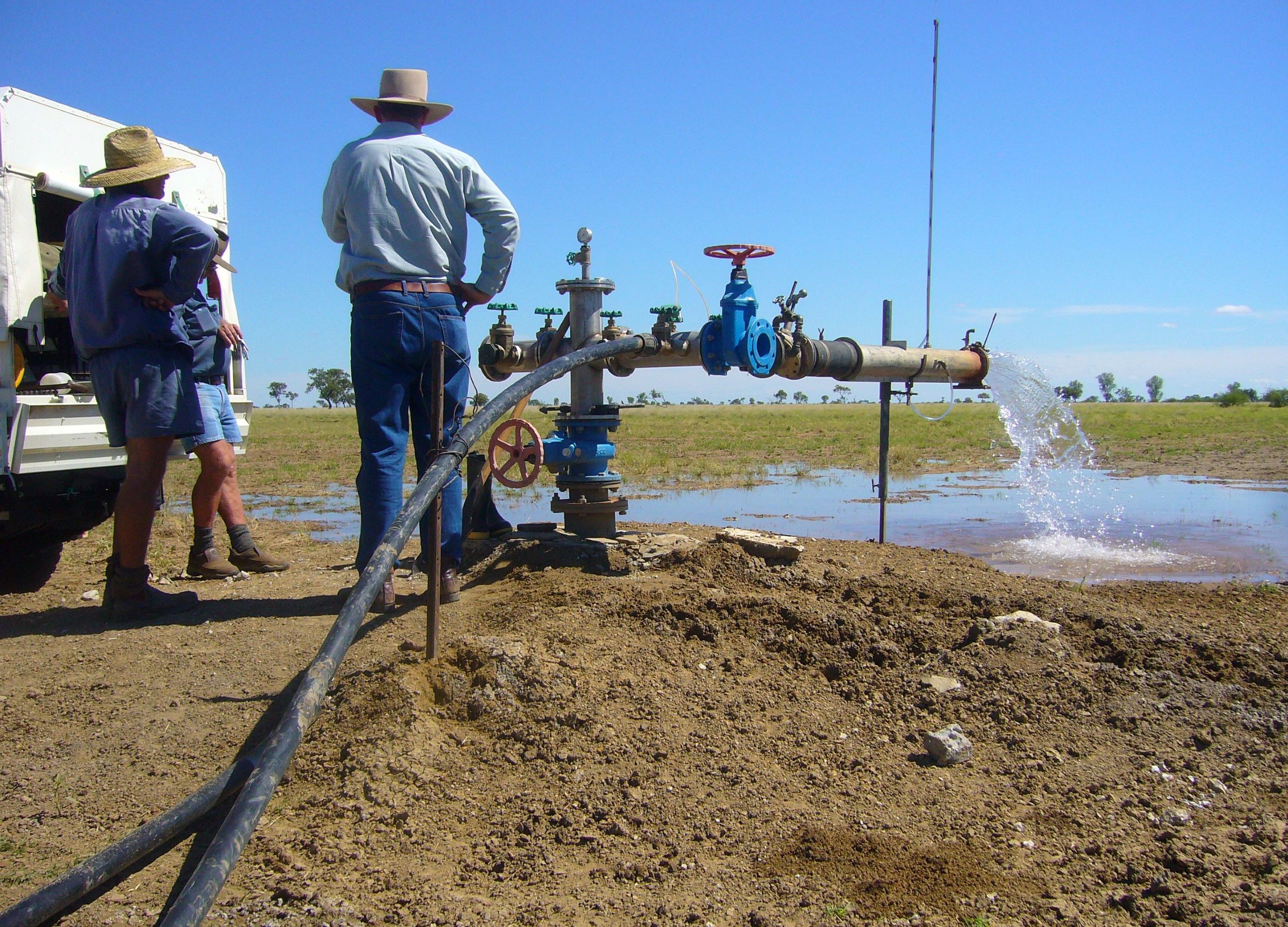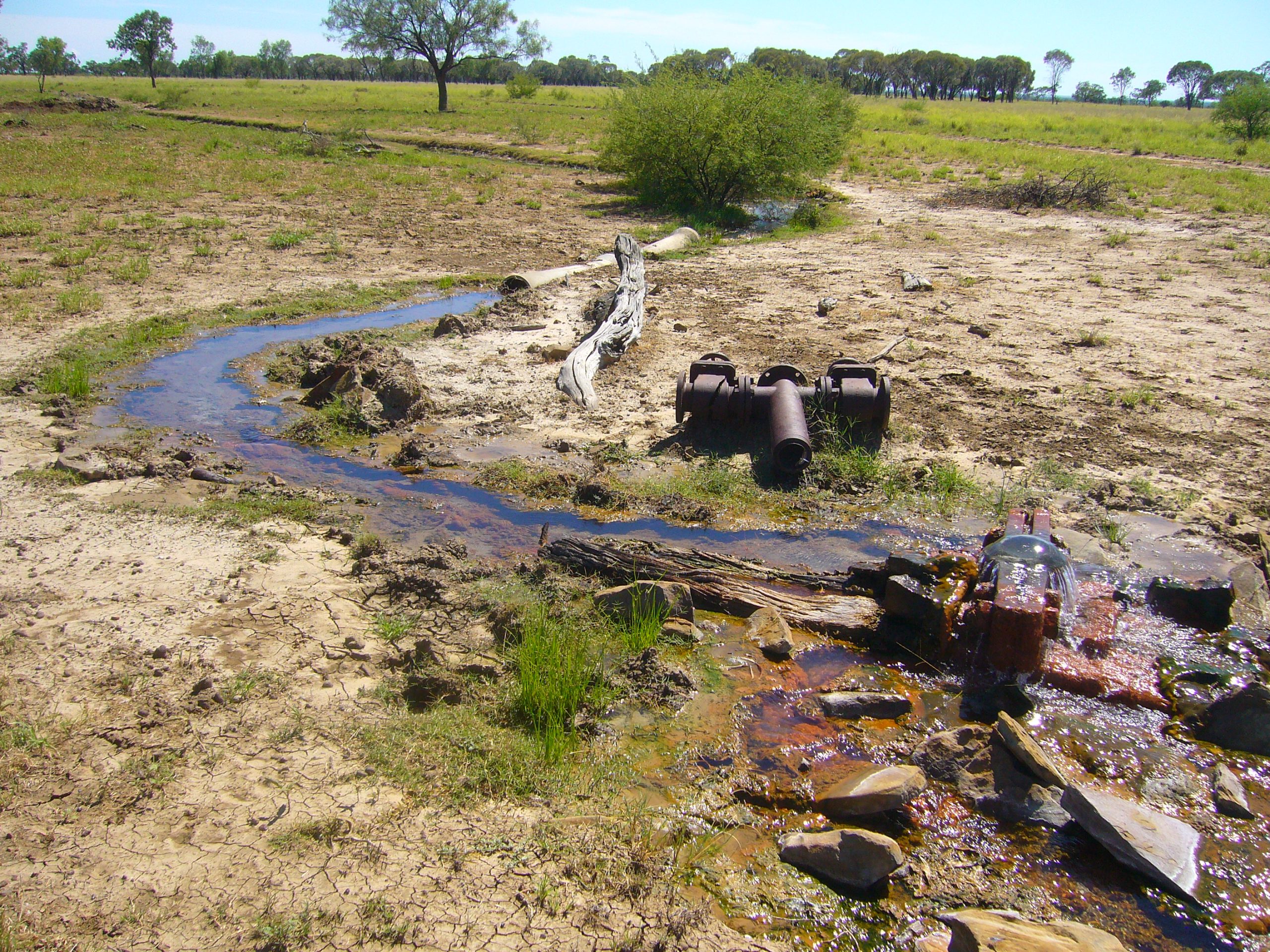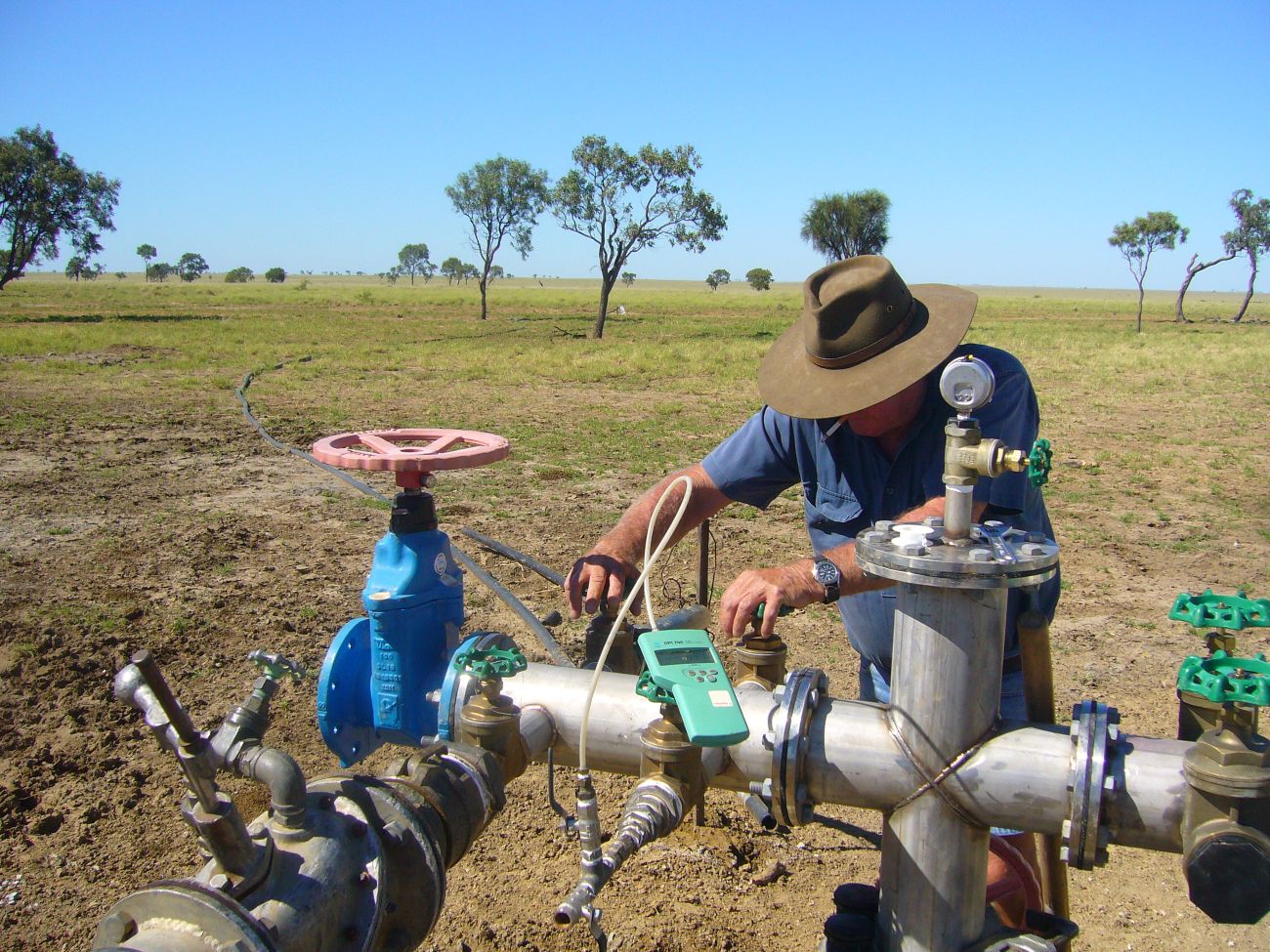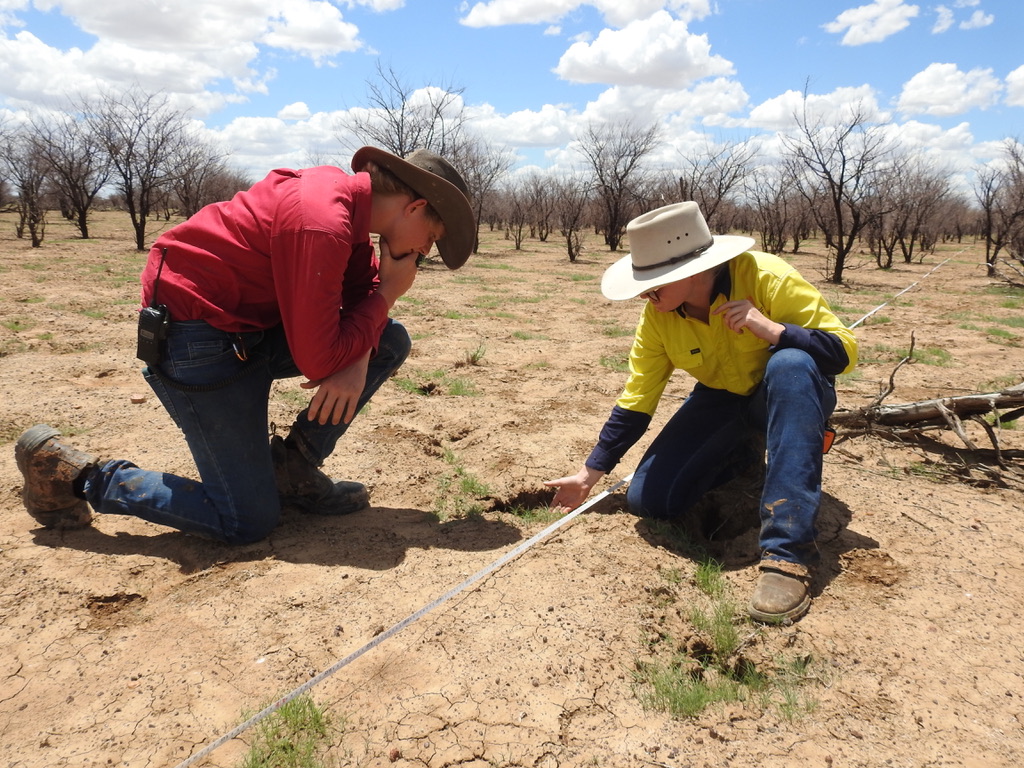More funding to cap and pipe bores announced for Queensland

If you have non-watertight bores, you are likely eligible for new government funding.
New funding has been announced to help cap and pipe remaining free-flowing bores, including for landholders within the Desert Channels region.
Since the 1980s, there’s been a concerted effort to cap and pipe bores connected to the Great Artesian Basin across the Desert Channels region. This work keeps water from being wasted through evaporation in the hot climatic conditions of Western Queensland.
Up to 90% of your estimated eligible project costs could be covered.
Frequently Asked Questions
Q: How do I get funding?
You should submit an Expression of Interest via business.qld.gov.au to begin the process of an application. If you’re eligible, you’ll be sent a grant funding application form.
You can lodge an Expression of Interest via this link.
Q: What information will I need to provide?
You’ll need to supply your Lot on Plan Number and your Bore Registration Number (RN).
Q: Who will be supplying the money?
The Queensland Government.
Q: How many bores are not watertight?
So far, landholders have capped 787 bores and about 200 bores still remain.
Q: Why should I cap my bore?
Watertight bores have already saved 229,000 megalitres of water and are crucial to increase water pressure in the Great Artesian Basin. Some landholders have reported the emergence of new springs, which has been great news for livestock and biodiversity.
Additionally, you are legally required to control all free-flowing bores and bore drains by September 2032. Bore owners who fail to watertighten their bores may be subject to compliance action.
Q: How can DCQ help?
As a community not-for-profit organisation, we’re pretty used to applying for Queensland Government funding. We can help you navigate the process, and can also assist with finding best-practice bore capping and piping solutions.



